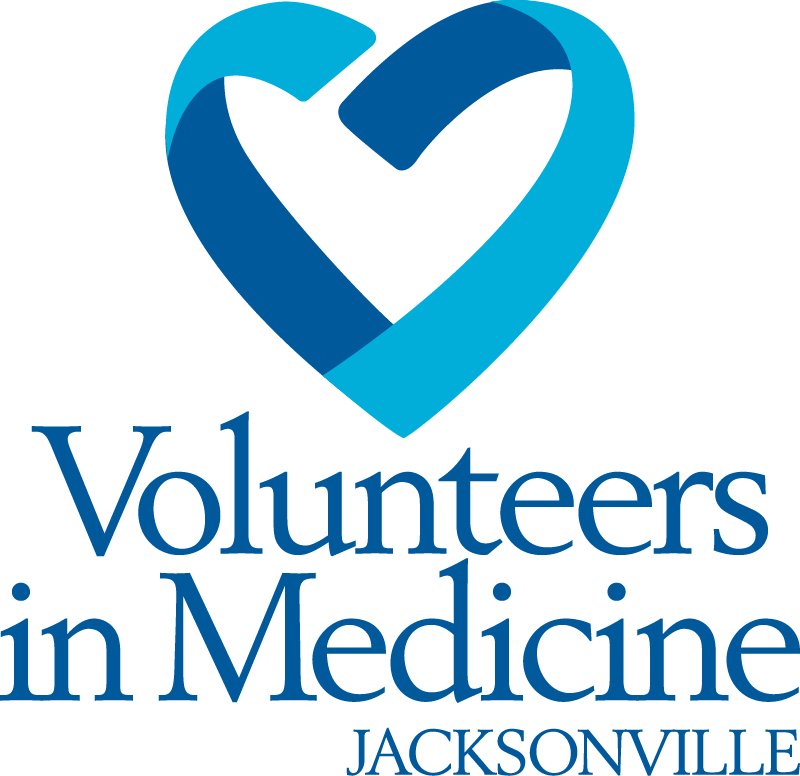Screen. Speak. Survive: What You Need to Know This Breast Cancer Awareness Month
Breast cancer is one of the most common cancers in women — but here’s the good news: early detection can save lives. In fact, when breast cancer is caught in its earliest stages, the five-year survival rate can be as high as 99%. That’s why regular screenings, staying informed, and knowing your body are so important.
Experts like the American College of Radiology (ACR) and the American College of Obstetricians and Gynecologists (ACOG) recommend women start getting a yearly mammogram at age 40, even if they have no symptoms or family history of breast cancer. Other groups, such as the U.S. Preventive Services Task Force (USPSTF), recommend screening every two years starting at age 50. While guidelines can vary, many healthcare providers support earlier, annual screenings because they offer the best chance of detecting cancer as soon as possible — when treatment is most effective.
Why Early Detection Matters
Breast cancer often develops silently, without noticeable symptoms in its early stages. Mammograms — simple, low-dose X-rays of the breast — can detect tumors before they’re large enough to feel. That means screenings can find cancer years earlier than a physical exam or self-check alone. The sooner breast cancer is found, the more treatment options are available — and the better the chances of survival.
Know Your Risk
Breast cancer awareness isn’t just about knowing when to get a mammogram — it’s also about understanding your personal risk. Women with a strong family history, certain genetic mutations (like BRCA1 or BRCA2), or previous radiation exposure to the chest may need to start screening earlier or consider additional tests, like an MRI.
Lifestyle choices can also play a role in prevention. Maintaining a healthy weight, limiting alcohol, exercising regularly, and avoiding smoking are all steps that can help lower your risk.
Pay Attention to Your Body
While screenings are crucial, knowing your body is just as important. Perform regular self-exams and contact your healthcare provider if you notice anything unusual — such as a new lump, skin dimpling, nipple changes, or persistent pain. Most breast changes are not cancer, but getting them checked promptly is always the safest choice.
Partner With a Provider
One of the most impactful steps you can take is talking with your healthcare provider about your risk factors and screening options. Together, you can create a plan that’s tailored to you — based on your age, family history, and overall health.
And if you don’t currently have a healthcare provider, Volunteers in Medicine Jacksonville is here to help. We offer breast cancer screenings and support services for the working uninsured — because everyone deserves access to lifesaving care. If cost or coverage has ever held you back from scheduling a mammogram, we encourage you to reach out to us to learn more about our free healthcare services.
The Power of Awareness
Breast Cancer Awareness Month isn’t just about wearing pink — it’s about taking action. By sharing information, encouraging loved ones to get screened, and scheduling your own mammogram, you’re taking steps that could save a life — maybe even your own.
So this month (and every month), remember: Screen. Speak. Survive. Knowledge is power, and early detection truly makes all the difference.
📚 References
American College of Radiology. New Mammography Screening Guidelines. (2023). Retrieved from: https://www.acr.org
American College of Obstetricians and Gynecologists (ACOG). Breast Cancer Screening. (2022). Retrieved from: https://www.acog.org
U.S. Preventive Services Task Force. Breast Cancer: Screening Recommendations. (2024). Retrieved from: https://www.uspreventiveservicestaskforce.org
American Cancer Society. Breast Cancer Early Detection and Diagnosis. (2024). Retrieved from: https://www.cancer.org
Centers for Disease Control and Prevention (CDC). What Is Breast Cancer Screening? (2024). Retrieved from: https://www.cdc.gov/cancer/breast
